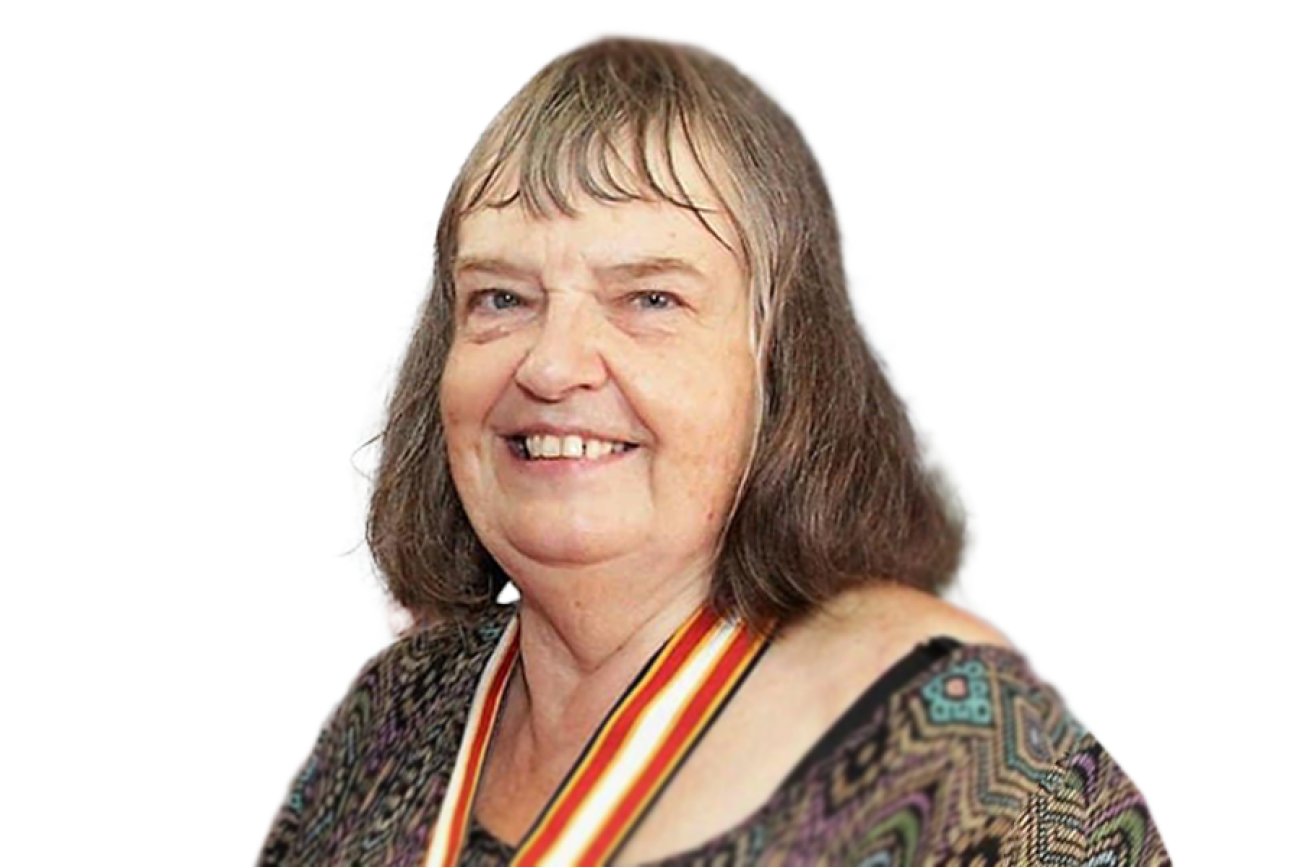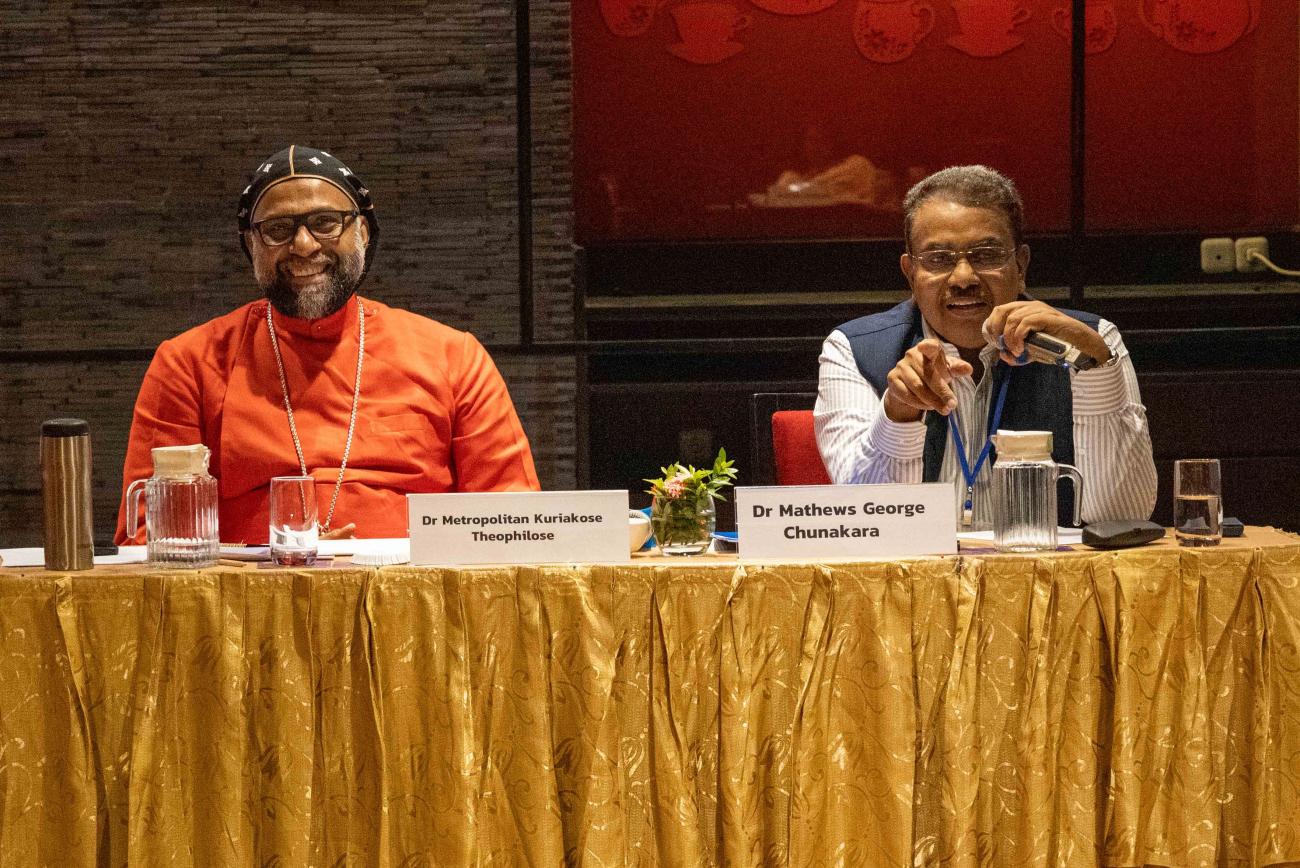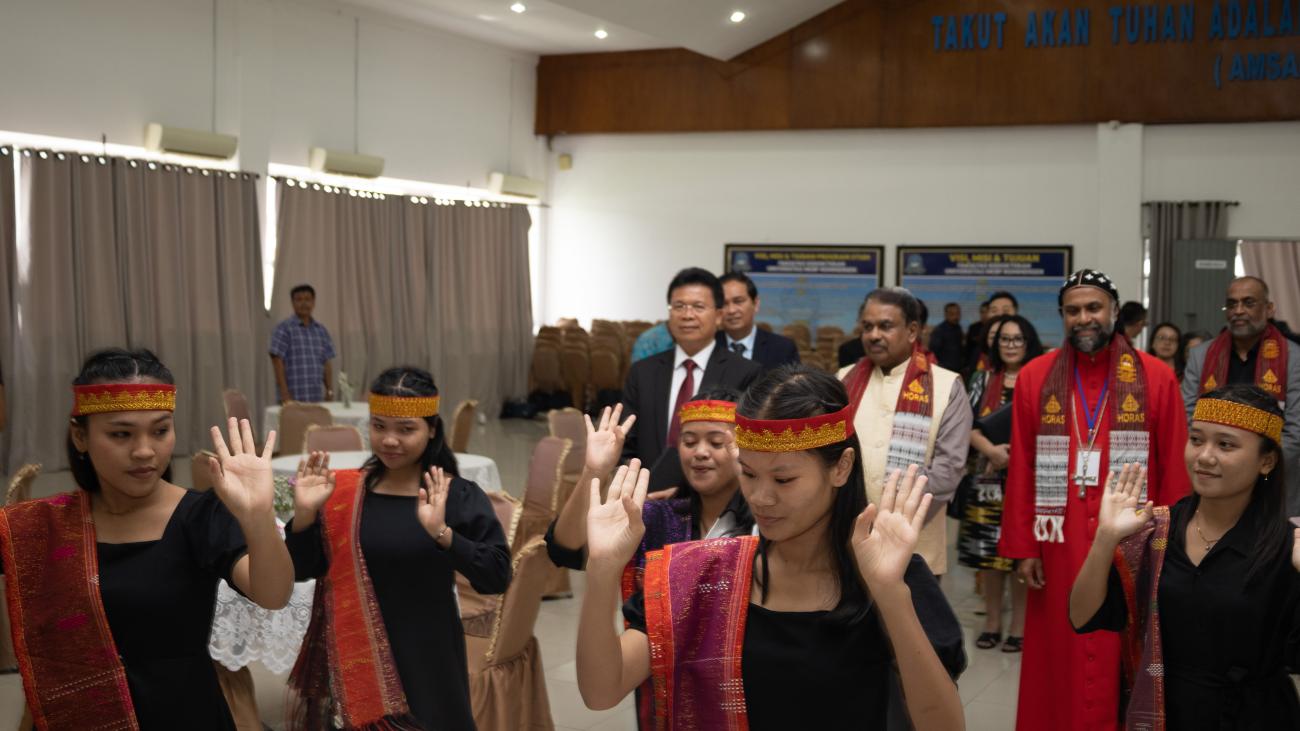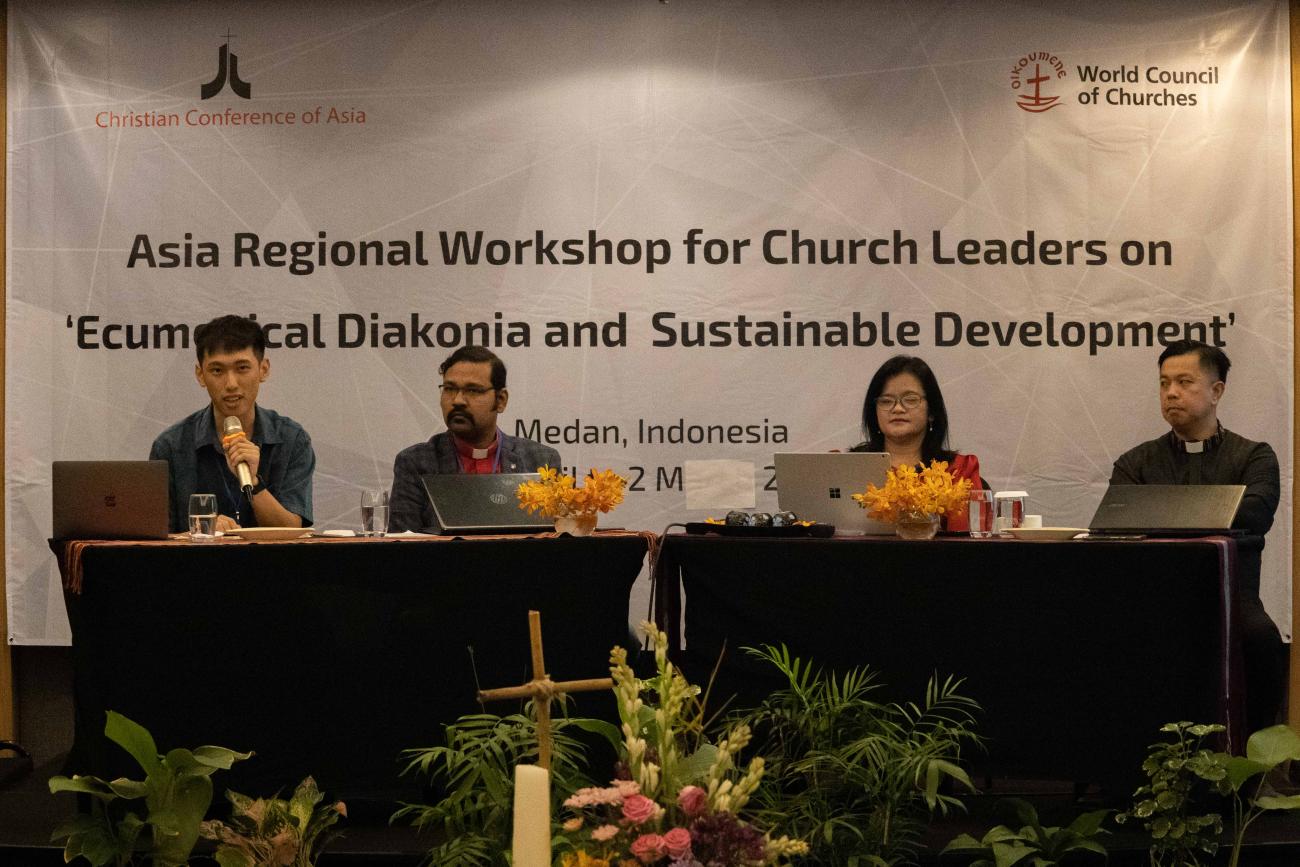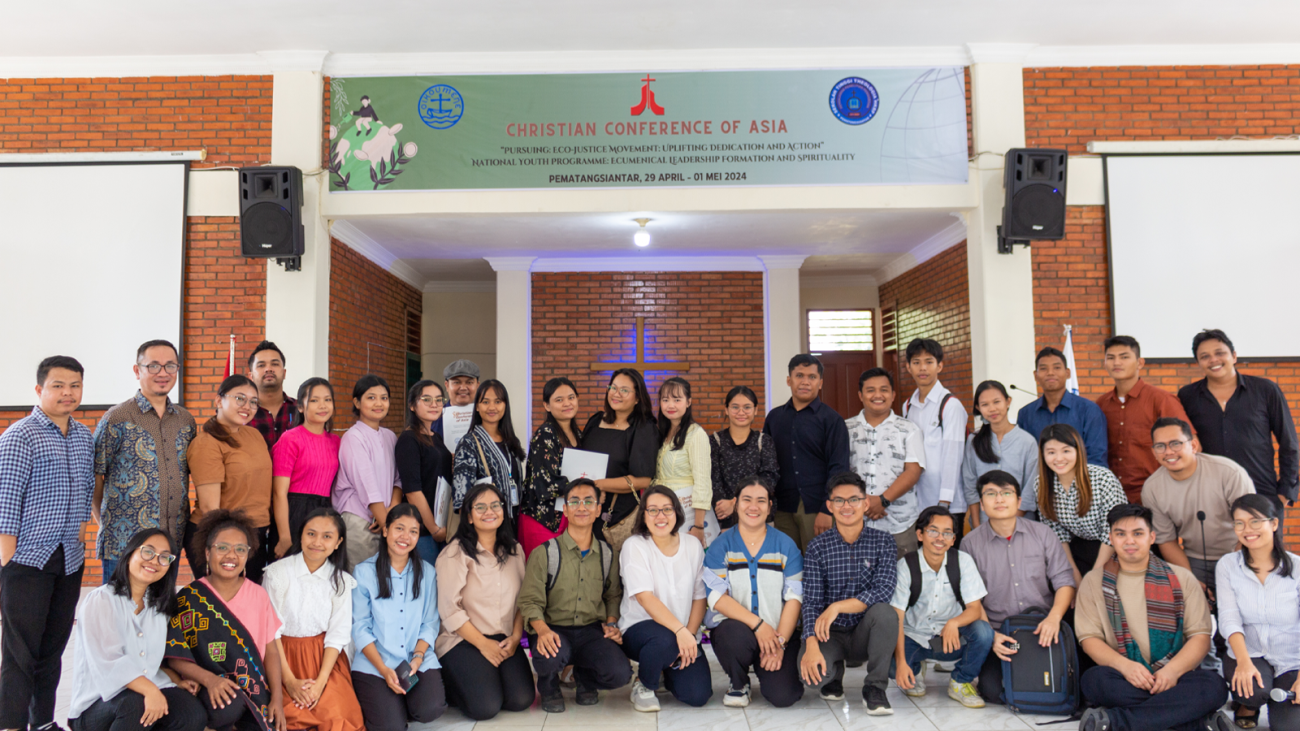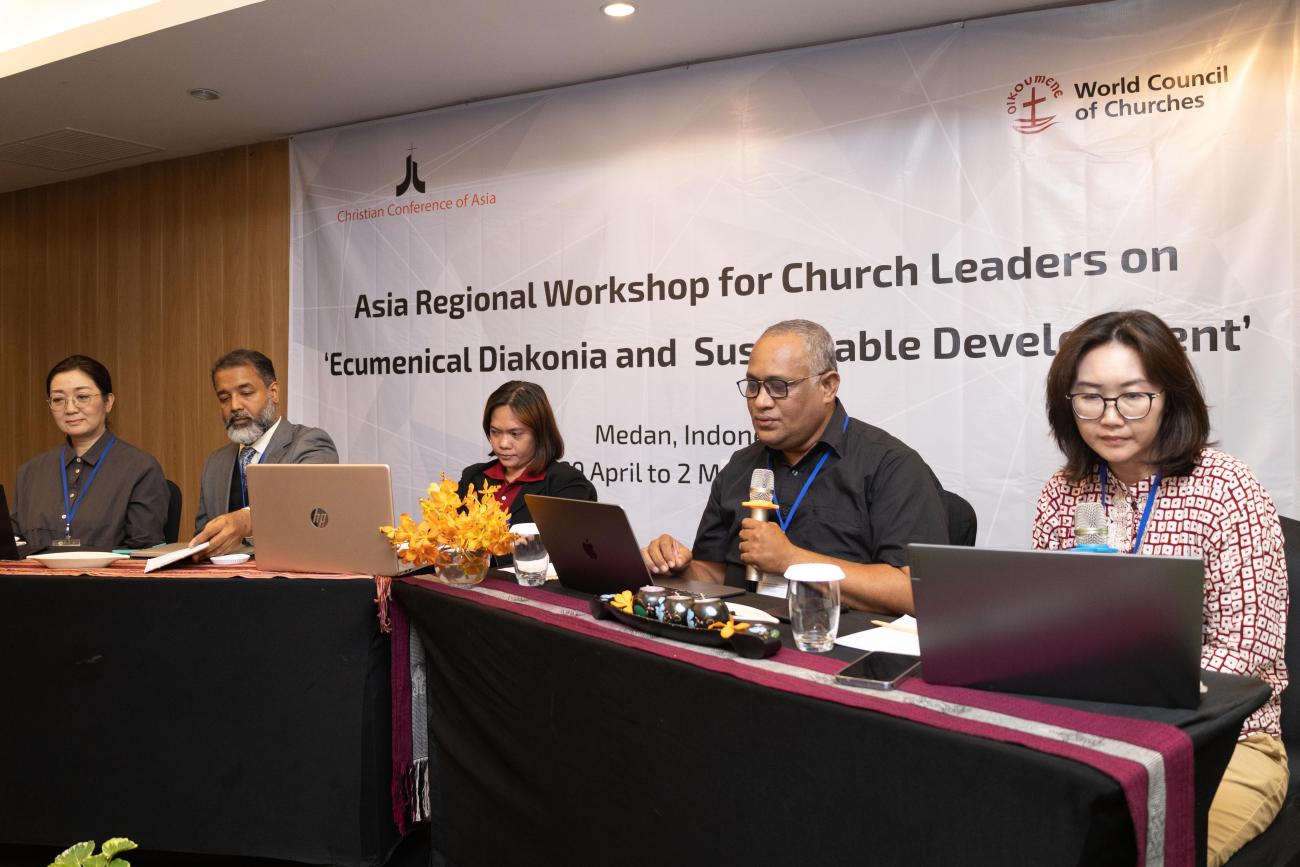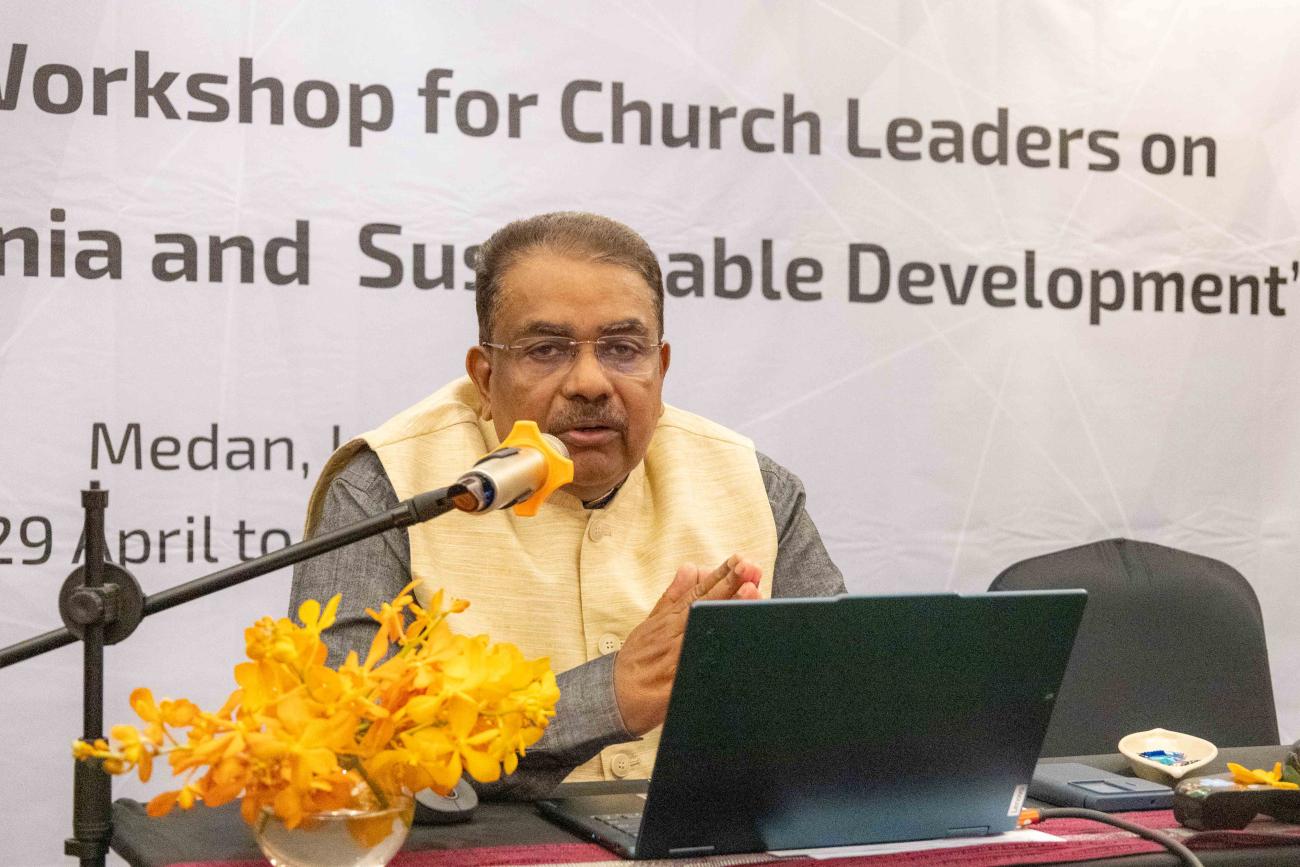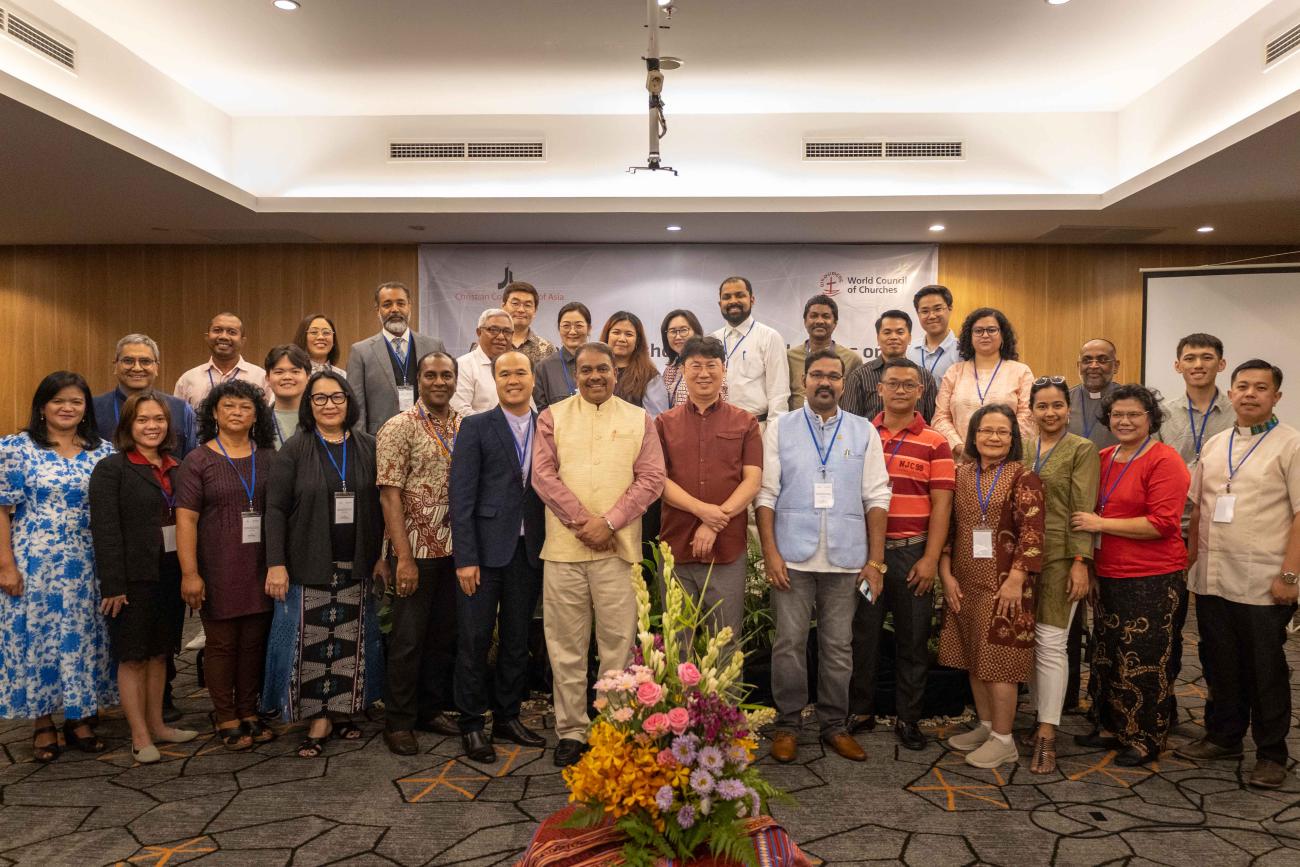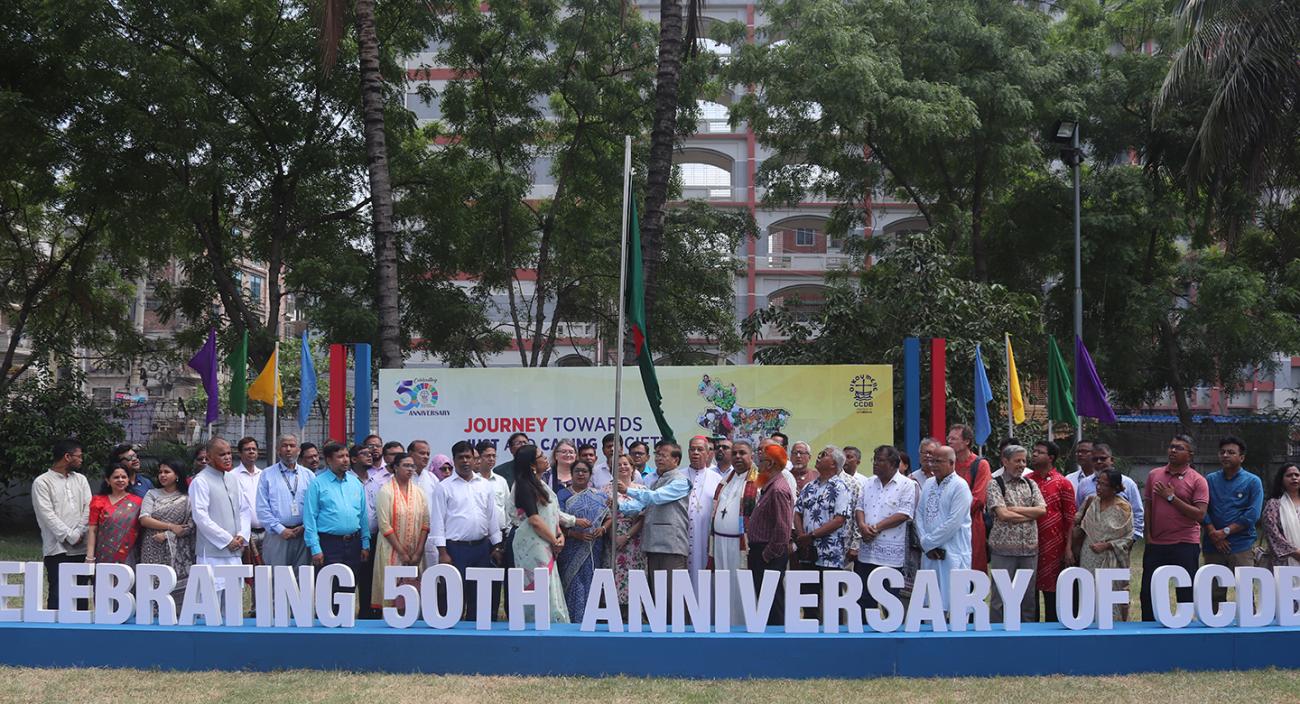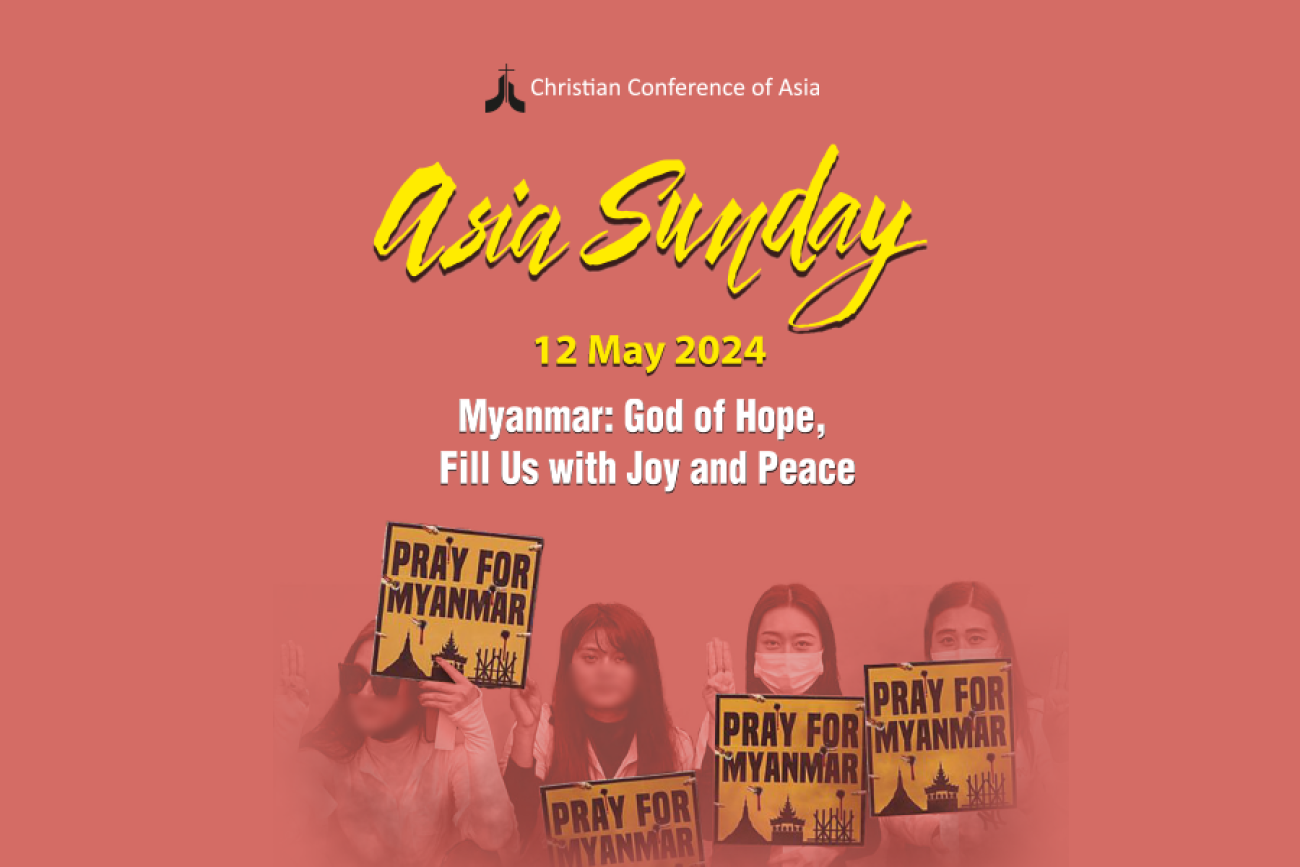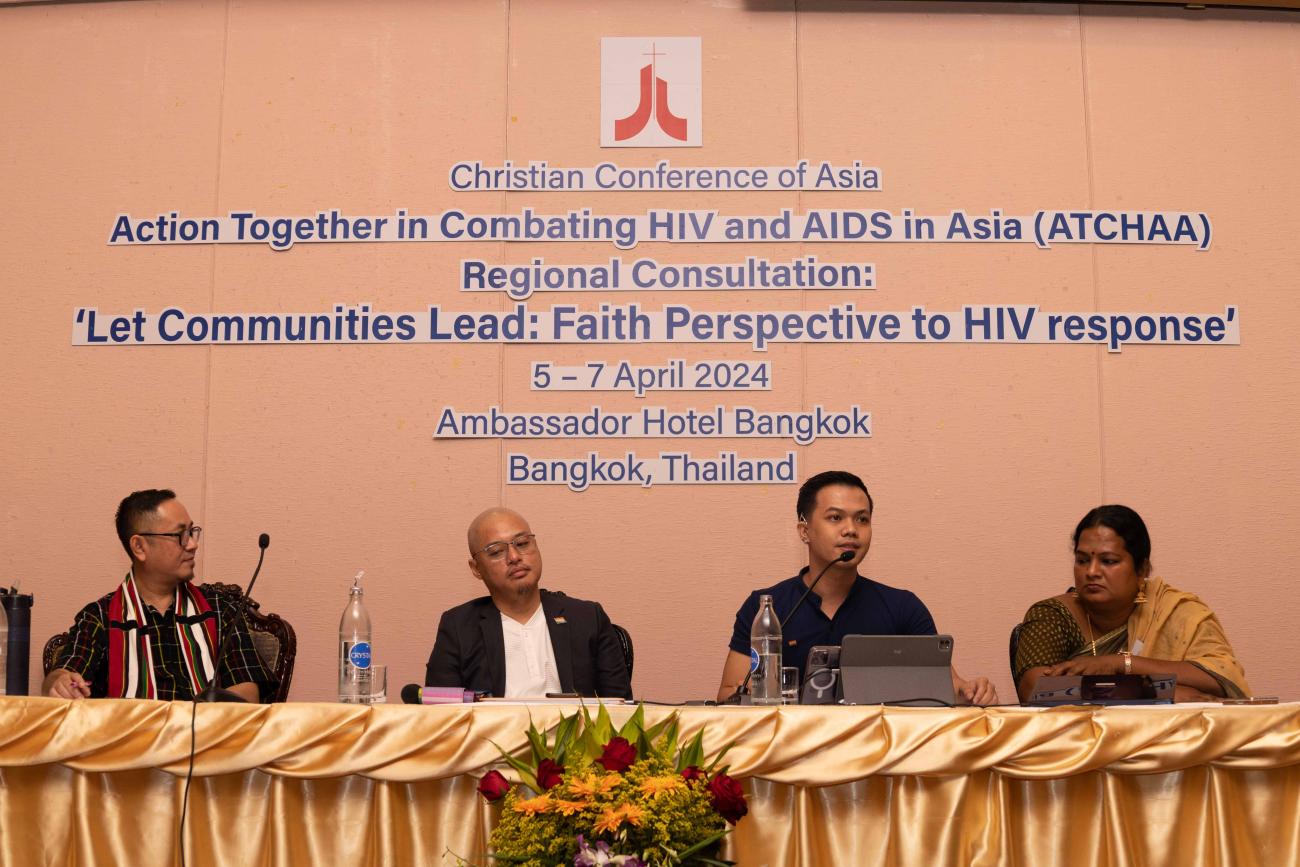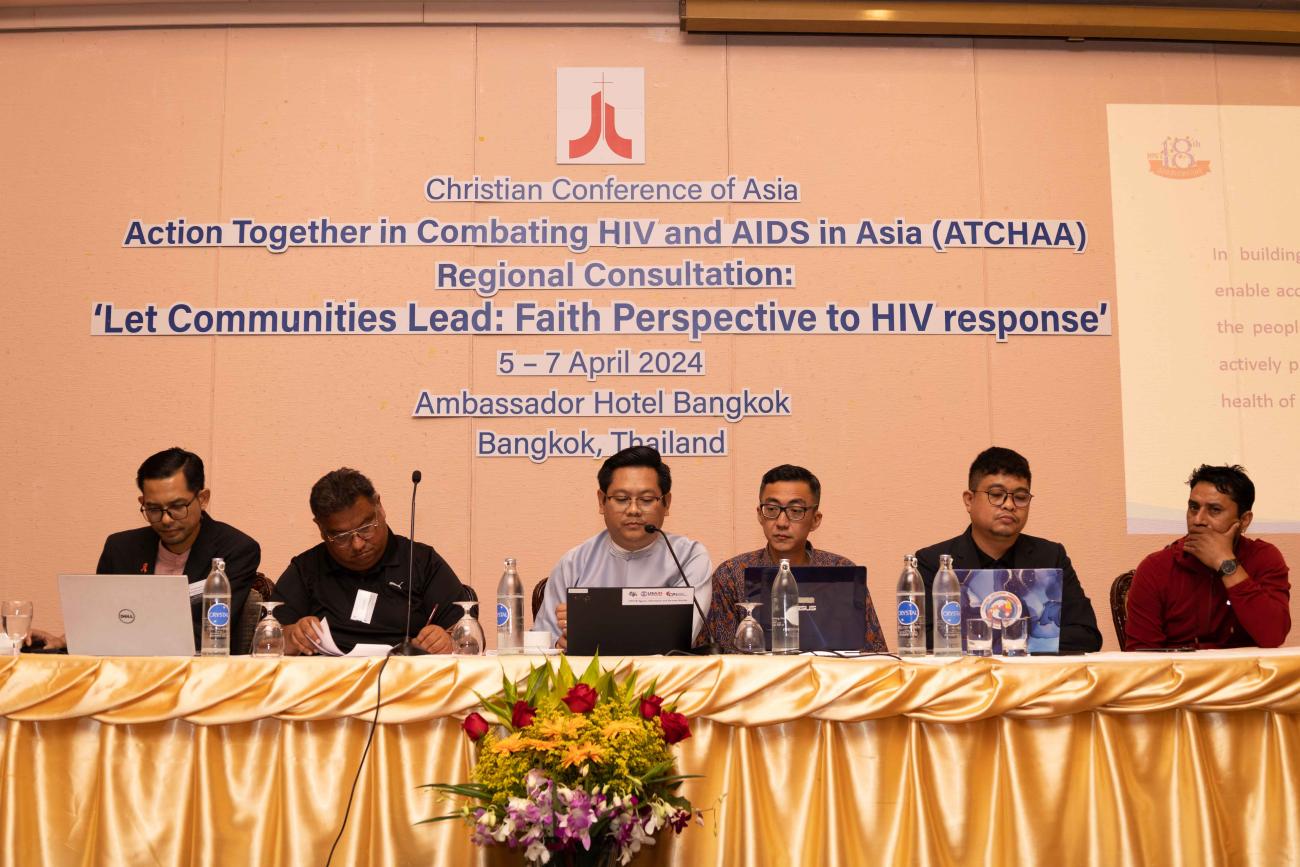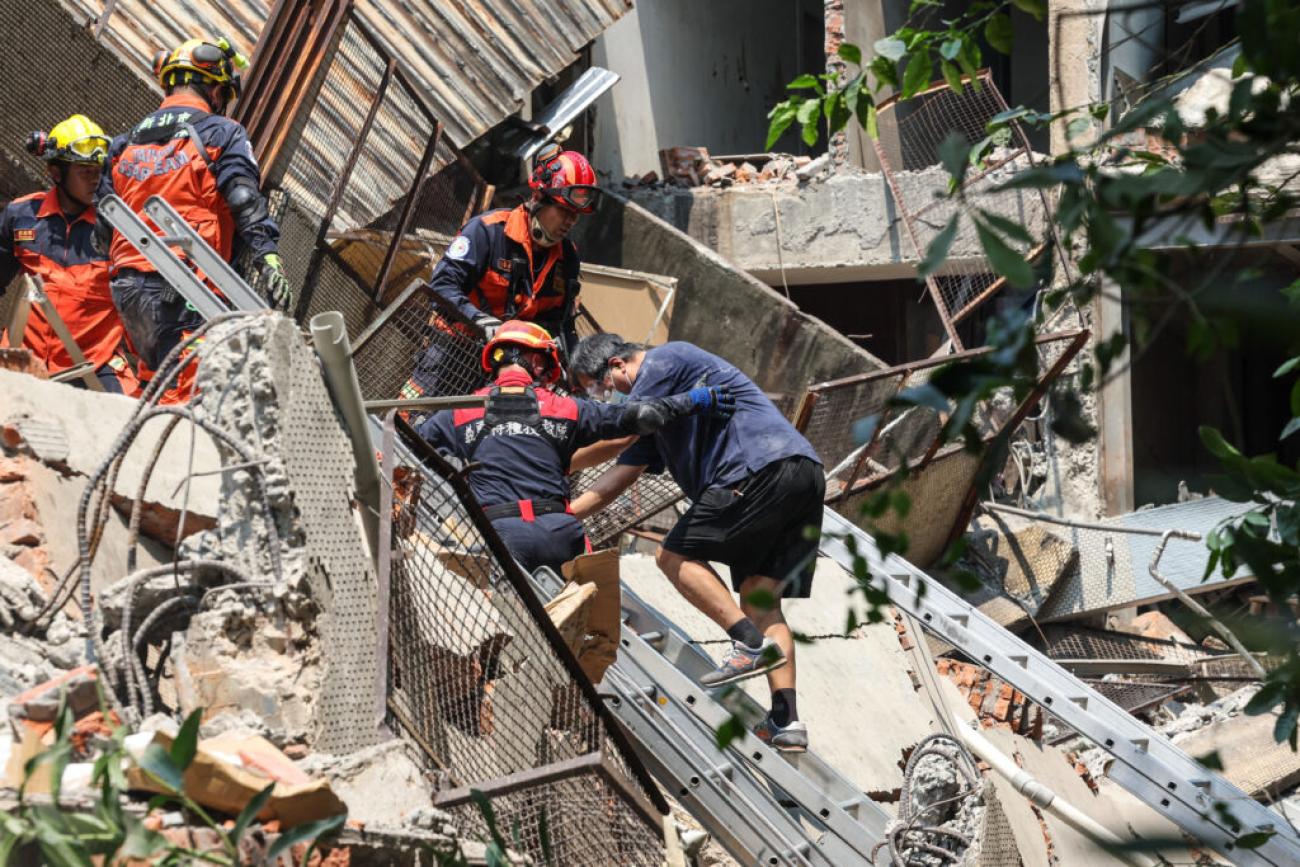Programme Committee sets new priorities and strategies for CCA’s programmes in the next quadrennium

Newly Constituted Programme Committee of the Christian Conference of Asia – 2024
Medan, Indonesia: Through study-reflection sessions, focus group working sessions, and in-depth discussions at plenary sessions the newly constituted Programme Committee of the Christian Conference of Asia (CCA) in its three days of proceedings has identified and prioritised programme areas and activities as per the constitutional mandates, affirming the enduring vision, and mission of the CCA.
The main programme focus areas will continue with emphases on a wider range of themes and issues: Mission in unity, contextual theology, mission and witness in multireligious contexts, ecumenical leadership formation, ecumenical theological education, Asian theologians summits, nurturing grassroots ecumenism, peace and security, training of young ambassadors for peace building, gender justice, combating violence against women, rights of migrants and stateless people, responding to emerging geo-political and geo-strategic issues, human trafficking, U.N human rights advocacy, pastoral solidarity accompaniment, freedom of religion, mental health, combating HIV/AIDS, response to changing family values, ecojustice and care for creation, and Asian Ecumenical Diakonia Network Forum.
Key issues that emerged during discussions included the issues related to peace and security in the Asian region especially the ongoing conflicts, providing safe spaces for diverse genders and expressions in programmes, enhancing participation of women and youth, developing comprehensive follow-up mechanisms for programme implementation, assessing the effectiveness of programmes in areas of ecumenical leadership formation, rights of indigenous and marginalised communities, and articulating Asian contextual theologies and biblical hermeneutics on a more frequent basis.
The formation of an ‘Asian Ecumenical Diakonia Network Forum also has been endorsed by the programme committee and mandated to work out guidelines by the new working group which will deal with Asian ecumenical diakonia.
The programme committee decided to constitute five Working Groups that would be helpful for the core staff to work out strategies to improve the quality and implementation of programmes.
The five new working groups will have thematic focus on human rights, ecumenical diakonia, health and healing, care for creation, and good governance in churches.
Dr Mathews George Chunakara, CCA General Secretary, expressed the hope that efforts done by the newly-constituted Programme Committee during their first meeting would contribute to qualitative difference and improvement in the strategic programme plan which would be submitted for adoption to the next CCA Executive Committee meeting. He expressed appreciation to the committee members and added that the meeting’s discussions and deliberations have added much value to the CCA.
The CCA General Secretary also stated that a new programme structure as well as a new Strategic Programme Plan for the period 2025-2028 (SPP 2025-2028) will be formally approved by the CCA Executive Committee.
In a closing remark Metropolitan Dr Theophilose Mor Kuriakose, Chairperson of the CCA Programme Committee, reflected on the productive proceedings of the programme committee and called upon the committee members to “move forward by the power of the Spirit.” He compared the meeting to the Pentecost event, where the disciples were in one accord and were strengthened to spread the gospel.
He expressed gratitude for the communion and fellowship among members and the target accomplished through reflective, analytical and productive planning during the meeting.
The newly constituted Programme Committee of the CCA was hosted by the Batak Christian Protestant Church (HKBP) and its Universitas HKBP Nommensen.
Photo Gallery, please click here: CCA Programme Committee Meeting 2024 Day 3


